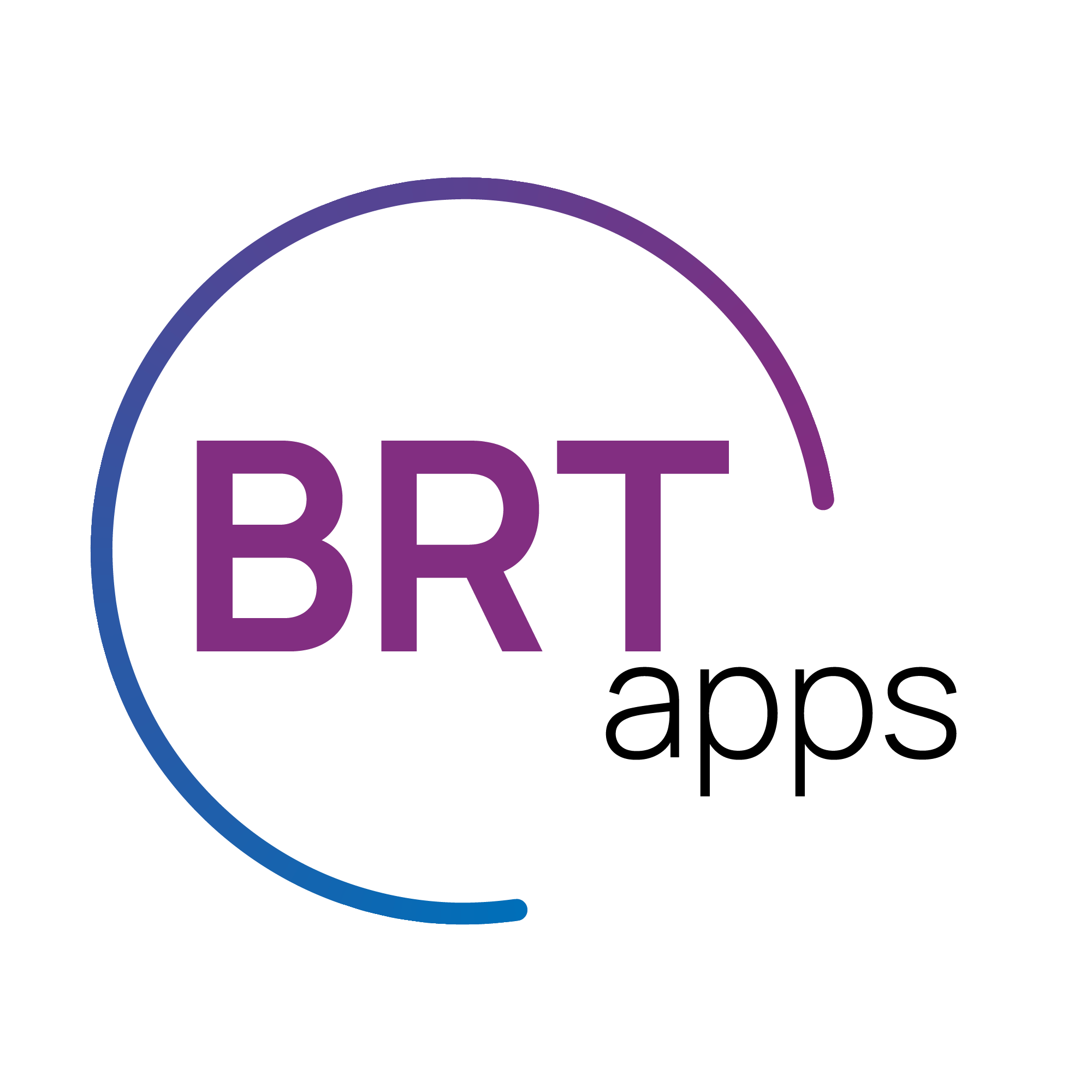Join us for an introductory Webinar!
Click here to sign-up
Monday November 13th @
noon PT / 3p ET
– OR –
Tuesday November 14th @
3p PT / 4p MT
The developers of the easyCBM system, Behavioral Research and Teaching (BRT) at the University of Oregon, recently released a new FREE for teachers product, CBMSkills. CBMSkills works in tandem with easyCBM and provides teachers with diagnostic information to pinpoint specific skills students have mastered and skills where further development is needed.
Currently, the CBMSkills system targets reading and math measurement and monitoring in grades K-5. Please join us for a demo and discussion of this exciting new platform. At this webinar, you will learn about:
- Why we created CBMSkills and how the system allows teachers to drive more personalized instruction and earlier intervention make CBMSkills a valuable addition to existing systems
- How to get started with CBMSkills: creating a new teacher account, adding students, creating groups, and assigning modules.
- The design and features of different CBMSkills math and reading module types, including technology-enhanced features such as adaptive testing and student voice recognition.
- The CBMSkills student interface includes tips on maximizing use in your classroom.
- Interpretation and use of the CBMSkills reports.
